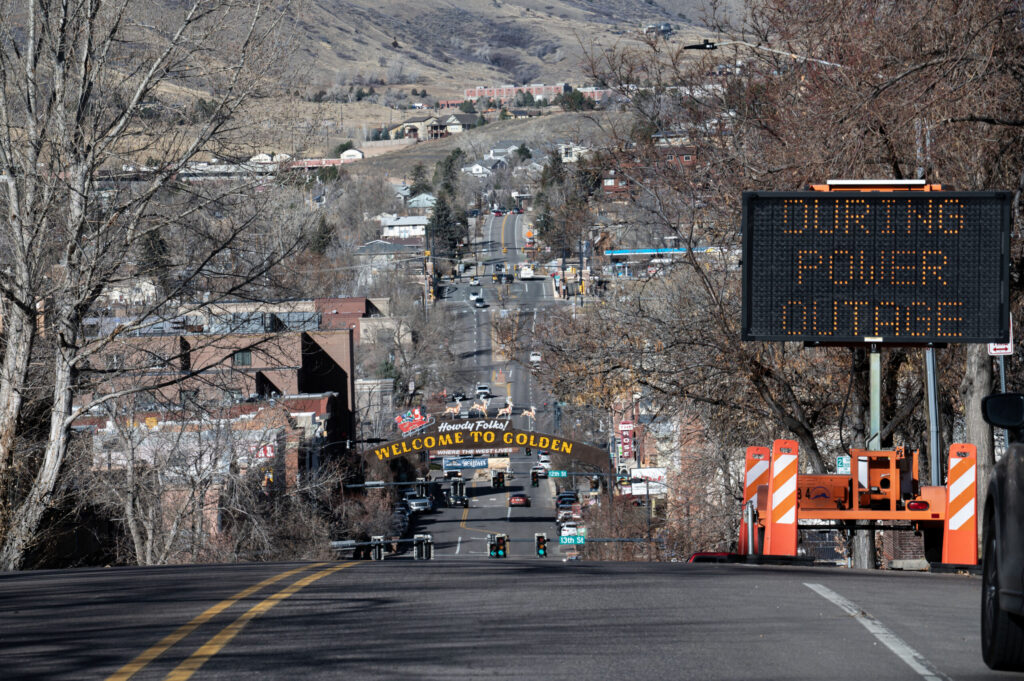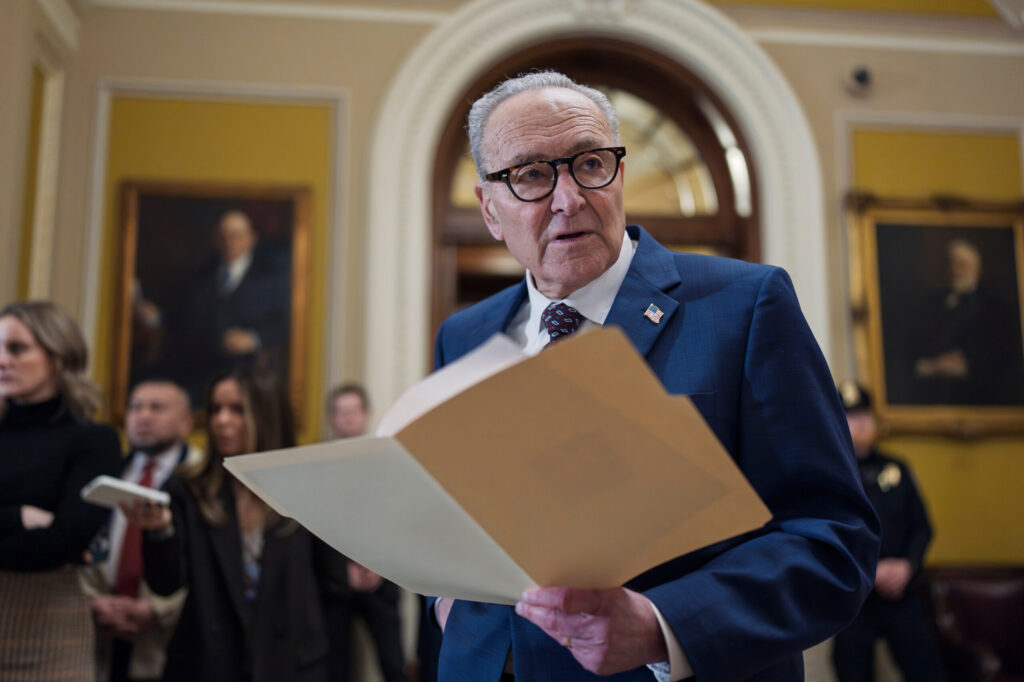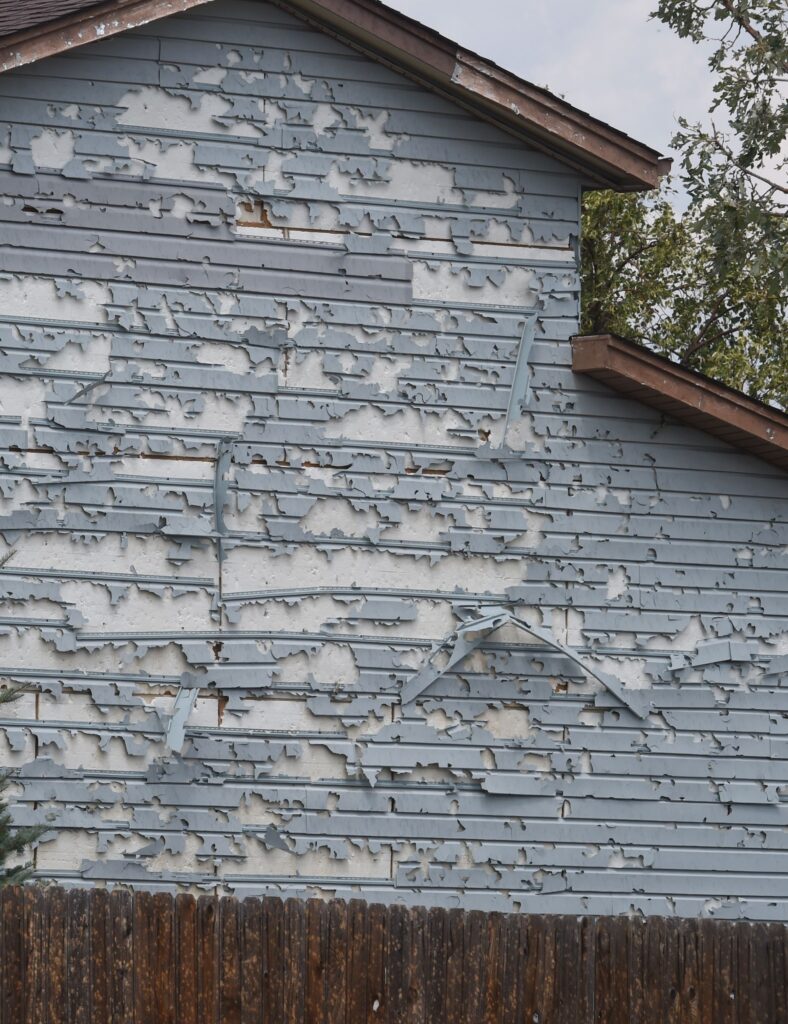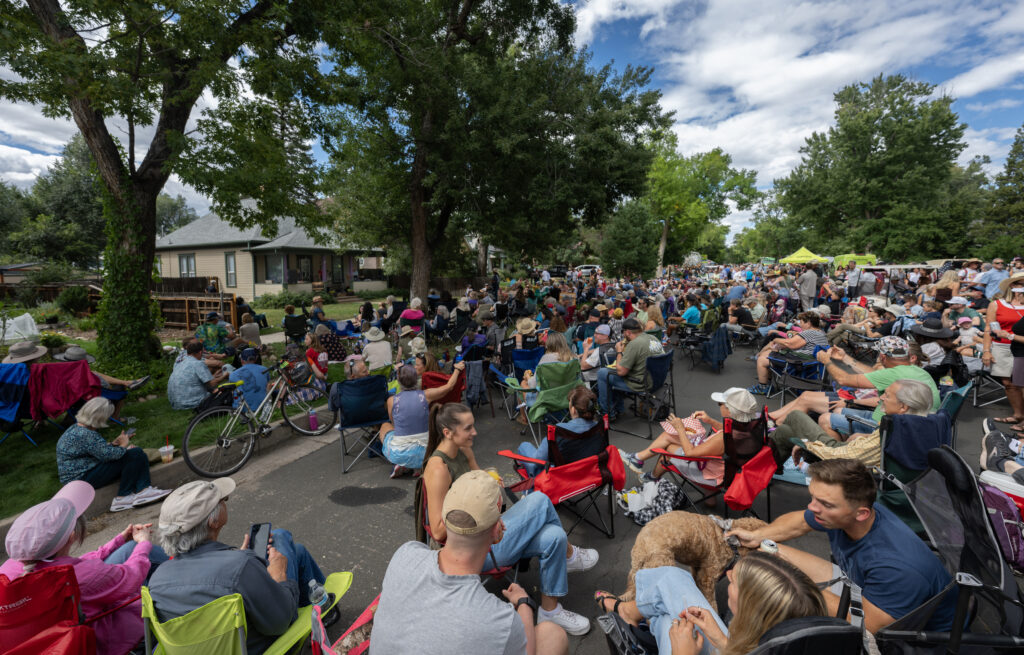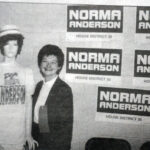Q&A with Jeff Hays: Colorado’s top Republican lives by, ‘Good, better, best. Never let it rest’
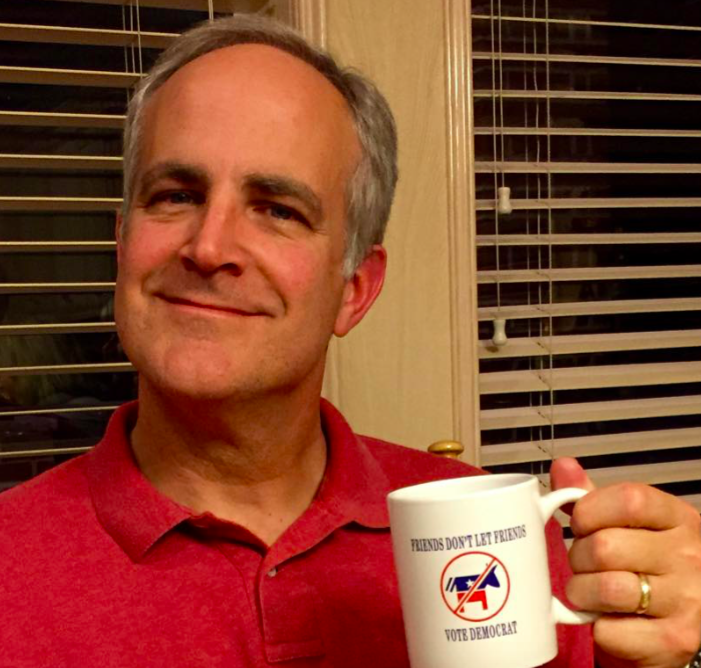
A Texan by birth, a Coloradan by choice and a Republican for life. That’s not so much a part of Jeff Hays’s resume as it is a strand of his DNA. OK, maybe we’re not qualified to analyze Hays’s DNA, but Hays himself is: It turns out the state chair of the Colorado Republican Party – elected last spring to that reputedly thankless post – once was an assistant professor of biology at the U.S. Air Force Academy in Colorado Springs.
And that is part of his resume, as is the following: A standout scholar and jock in high school, he won an appointment to the academy, where he lettered in football and graduated in 1984. After receiving his commission as an Air Force officer, he proved himself a man of many talents, serving in logistics and aerospace physiology and even putting in a stint coaching at the academy to develop kickers and manage nationwide recruiting for the Falcons football team. Since retiring as a lieutenant colonel, he has worked as a management consultant yet also found time to serve as activities director at The Classical Academy charter school in Colorado Springs.
Then, there’s politics. Hays was elected and re-elected chair of El Paso County’s GOP – the state’s biggest Republican Party – and served on the state party’s executive committee before ascending to the post of state chair earlier this year.
But all of that is just scratching the surface; we go deeper in today’s Q&A.
Colorado Politics: You were born and raised in Texas and became an officer at the U.S. Air Force Academy, which happens to be in Colorado Springs – all three places known for cultivating conservatism. What were the influences on your personal political views? Why are you a Republican?
Jeff Hays: My grandparents were all hard-working, honest, God-fearing people, and they passed those traits on to my parents. My parents taught my siblings and me to love God, dream big, think rationally, and work hard. They were both school teachers; my dad was a civics teacher and football coach. We talked often about issues of the day (I grew up in the ’60s and ’70s), and my dad in particular was very conservative. As a football coach, he was extremely demanding but fair, and he judged people by their performance on and off the field. My mother was gentler and wanted to save every kid in her classes.
I was our HS valedictorian and a multi-sport athlete, so I was able to get into the Air Force Academy as a recruited football player. Studying our primary adversaries during the Cold War taught me the unvarnished truth about leftist ideologies and the devastation they produce. Swearing to support and defend the Constitution against all enemies and thoughtfully considering what that really meant sparked an ongoing interest in government and the impacts that good and bad systems have on our freedoms.
CP: What’s the biggest challenge facing you as state chair? What’s the biggest challenge facing Colorado Republicans?
Hays: Raising money in this environment is a challenge. National politics grabs too much attention, and people’s frustration with national politics cascades down to state and local levels. We also have far too many unnecessary restrictions placed upon us by the legislature. They have far too much control over our fundraising limits and sources, reporting requirements, candidate selection methods, and internal processes. The general election is the legislature’s business, but how we get candidates onto the ballot, internal processes, revenue, and similar issues should be left up to the party.
Probably the single biggest challenge facing Colorado Republicans is the vast sums of money spent on races and initiatives by liberal Democrats from outside Colorado and our historical inability to match them.
CP: How do Colorado’s surging rolls of unaffiliated voters affect the Colorado GOP’s longterm strategy?
Hays: It’s a worthy challenge. We need to energetically engage unaffiliated voters in conversations about what they want in governance and in candidates. We need to understand why they are unaffiliated and move from there. Fact-based decisions are always better than suppositions. Once we understand them better, we can go about selling them on the idea of supporting our candidates and our party.
Jeff Hays
CP: Chairs of both parties are inclined to put a happy face on even the nastiest and most crowded primaries, insisting they are healthy for the party and help sharpen and define the eventual nominee. While Colorado’s gubernatorial primary races aren’t nasty – yet – they certainly are getting crowded. Is there a point beyond which the GOP field will have too many candidates, serving largely to sow discord and drain resources?
Hays: The party doesn’t play in primaries, and that includes trying to tell voters for whom to vote or candidates whether they should run. I don’t claim that level of omniscience, but I do believe voters will make good decisions if they have sufficient information. Regarding candidate behavior, I have repeatedly said that voters get what they tolerate, get what they emphasize, and get what they reward. If we reward candidates with constructive campaigns by voting for them, we’ll see more of them in the future. The same goes if we reward nasty campaigns.
CP: As money and influence over elections have shifted away from parties and toward independent advocacy groups, what is now the most significant role of either political party in Colorado?
Hays: In spite of onerous (and I believe unconstitutional) restrictions on donations, we have the responsibility and authority to recruit volunteers; organize and train them so they are effective and confident; deploy and engage them in a coordinated way; coordinate and collaborate with our general election candidates; provide the caucus and assembly system (an unfunded legislative mandate) for ascending candidates onto the general election ballot; create data, IT, and other infrastructures to support our organization and candidates, and raise enough money to run our operations and provide direct, hard-dollar contributions to candidates running in key races. That’s quite a bit of work that would fall onto individual candidates if the party didn’t exist. We essentially do program and portfolio management – developing common, shared systems, creating efficiencies and economies of scale, and building coalitions of similarly minded voters.
CP: Football has played a fundamental role in your life. So has the Air Force. What do football, the military – and politics – all have in common?
Hays: Similarly to sports, military professionals have to perform, be accountable, work as a team, and be committed to learning, practicing, and improving their craft. That’s true of any healthy organization, including a political party or campaign. I’m always encouraging my people to be the best they can be. People who work for me at the party have heard me say over and over, “Good, better, best. Never let it rest. Until your good is better and your better is best.” I’ve probably had a coach’s mentality in all three arenas: football, the military, and politics.
CP: Your election as state chair by the party Central Committee came after a spirited and competitive race against another candidate. Did it whet your appetite to at some point try your luck with the general electorate – and seek public office?
Hays: When I was an aerospace physiologist, many of my fellow physiologists really wanted to be either doctors or pilots. I just wanted to be the best physiologist I could be, serving as well as I could. I feel the same way about my current position. I just want to be the best party chairman I can possibly be. It is challenging enough and important enough to demand my best efforts without my worrying about the next thing.





